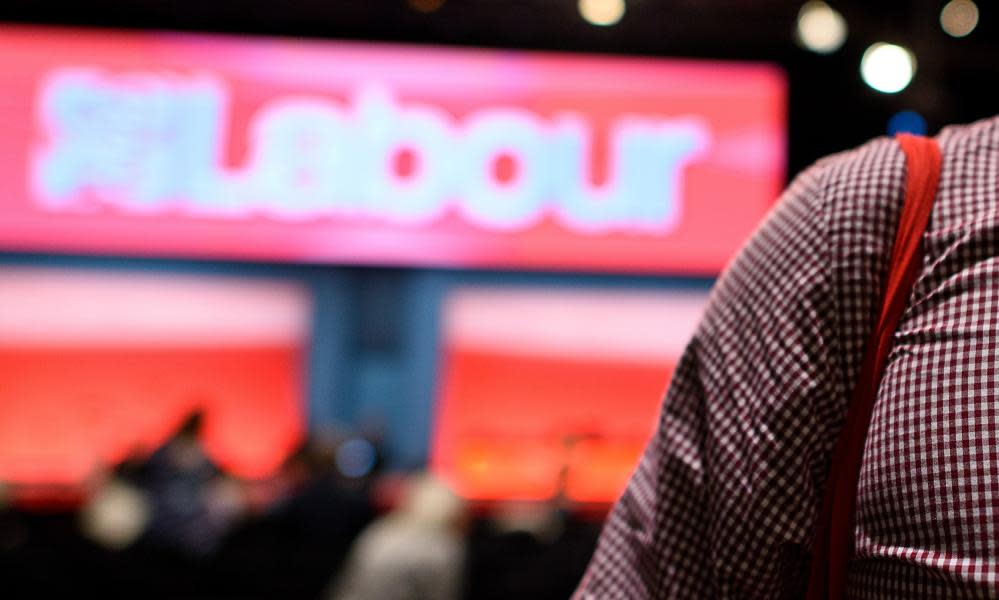Labour conference: most grassroots delegates support Corbyn, poll finds

The overwhelming majority of grassroots delegates attending next week’s Labour conference in Brighton are Jeremy Corbyn supporters who support reforms to democratise the party, according to data compiled by Momentum.
The Corbyn-supporting group believes that of the 1,155 delegates chosen by constituency parties to attend the conference, 844 back reforms proposed by Momentum while 236 are opposed and the views of 75 are unknown.
Momentum sounded out delegates by phone or email on whether they supported reforms proposed by the organisation, most notably whether they supported reducing the proportion of MPs needed to nominate a candidate for the party’s leadership.
Delegates were asked if they supported the idea of dropping the number of MPs required to nominate somebody for the party leadership to 5% of the parliamentary party. At present, a would-be candidate needs 15% of MPs to stand, a figure Corbyn struggled to reach in 2015.
If accurate, it would suggest that makeup of delegates marks a radical shift from last year, when Corbyn grassroots supporters – and Momentum – were largely relegated to the fringes of the conference, held in Liverpool. In spite of two Corbyn leadership victories, many constituency Labour parties remained at the time in the hands of the old guard.
The party’s ruling national executive is scheduled to discuss on Tuesday resolutions to be put before conference. In the past, they have postponed resolutions and motions regarded as too controversial but might hesitate this time in the face of evidence of grassroots strength.
Momentum, having put so much effort into helping Corbyn’s re-election in 2016, did not have the energy last year to organise to ensure a sizeable share of delegates to the Liverpool conference.
The leftwards shift potentially poses a problem for trade unions, MPs and the party machine who have so far been more cautious about embracing reforms but will be wary of snubbing grassroots Corbyn supporters. Constituency delegates account for half of the votes at party conference.
In spite of apparently having overwhelming support among grassroots delegates, the reforms are not guaranteed to go through. The unions could block them. One compromise being discussed by the unions would be to reduce the proportion of MPs needed to nominate someone for the leadership to 10%.
Momentum contacted by phone or email 541 constituency Labour parties.
If the reform was to go through, the left would be almost guaranteed the chance of being able to field a candidate in future leadership elections. Corbyn only managed to secure a place on the ballot paper in 2015 because some MPs agreed to lend him their support to nominate him.
The right and left of the party have been battling it out over the last two years for control at local level. Both have recently cited anecdotal evidence of successes in securing supportive delegates.
The Guardian independently contacted half-a-dozen constituency Labour parties, which seemed to bear out the Momentum findings. The executives of the constituency Labour parties, in the south of England and the Midlands, are now held largely by Corbyn supporters, including Momentum.
Three of them said all members of their delegations were Corbyn supporters or members of Momentum. A fourth said only one member of its delegation was neither in Momentum or a Corbyn supporter.
The Momentum data would suggest there has been a shift from summer last year, when an extensive Guardian survey showed many constituency Labour parties still in the hands of a more conservative old guard.

 Yahoo News
Yahoo News 
